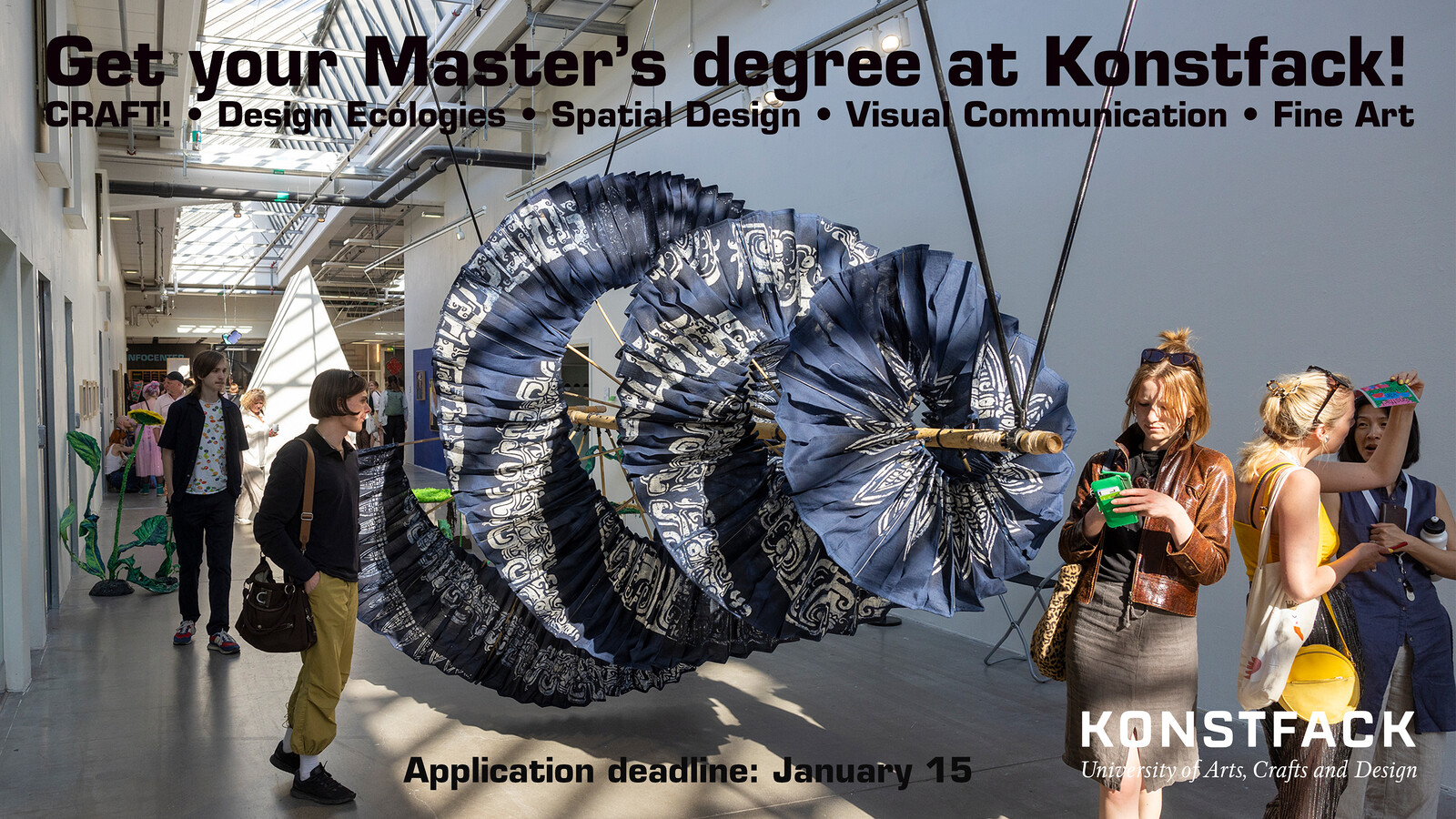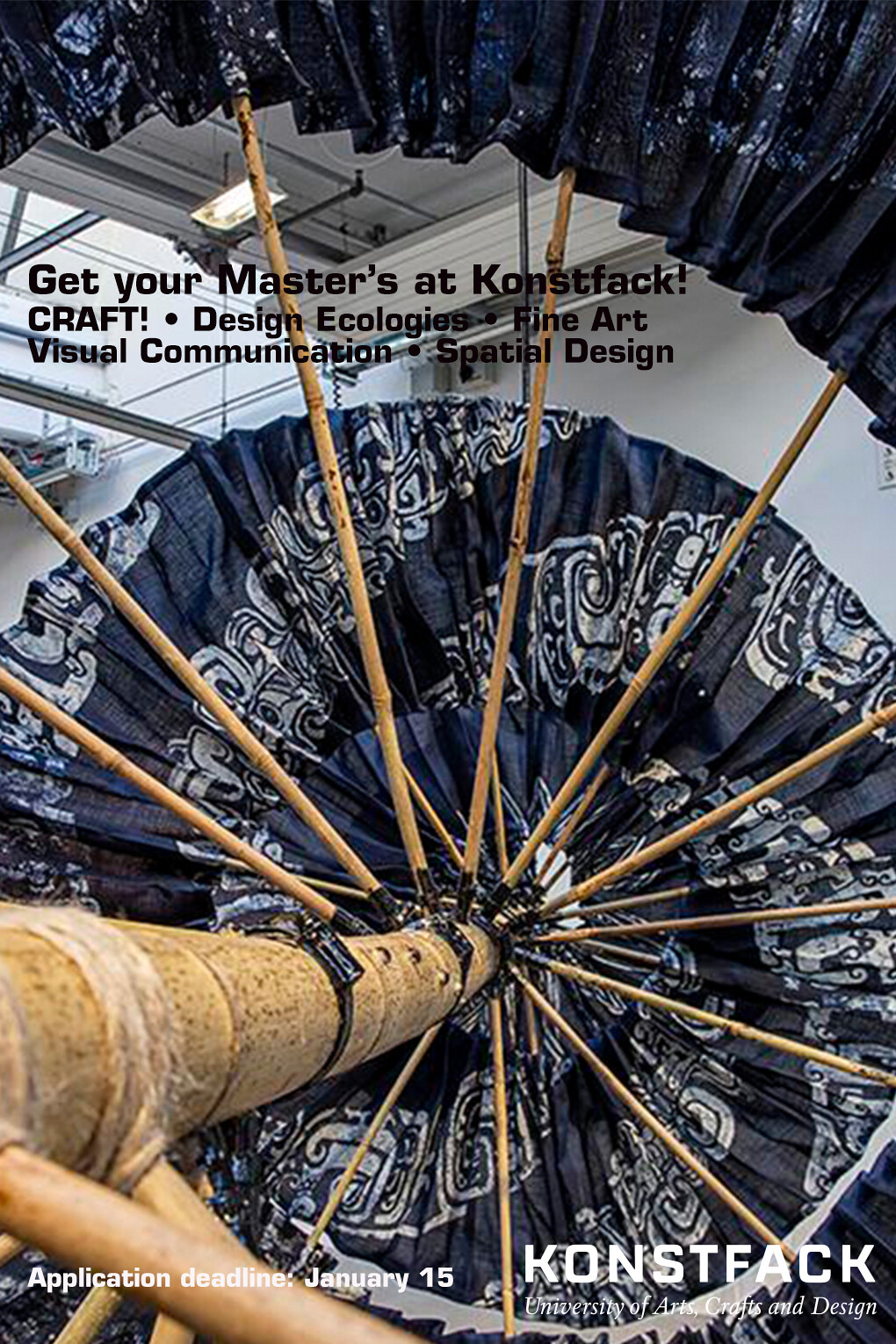Nomeda & Gediminas Urbonas.
Devices for action
Exhibition dates: Until 15 June 2008
Produced by: Museu d’Art Contemporani de Barcelona (MACBA)
The work of Nomeda and Gediminas Urbonas –born in Lithuania in 1968 and 1966 respectively– takes the form of projects in which they explore the conflicts and contradictions thrown up by the new economic, social and political conditions in the former Soviet countries as they affect everyday life, management of public spaces and the idea of the nation. This exhibition features five installations, the results from their work over the last eight years: Transaction (2000-2004), Ruta Remake (2002-2004), Druzba (2003 – ongoing), Pro-test Lab (2005 – ongoing) and Villa Lituania (2007).
The exhibition begins with Transaction, a work that explores the experiences of citizens as they adapt to the sudden change from one system to another. The title alludes to transactional analysis, a psychiatric method based on applying the scheme of a dramatic triangle in which three roles are assigned: the Persecutor, the Victim and the Rescuer.
In Transaction, the roles in the transactional analysis triangle are played by women, the cinema and psychiatrists. The project studies the cinema as a mechanism used to construct an identity for women based on a feeling of victimisation, and which can be extended to apply to the whole country. The cinema archive brings together more than 50 Lithuanian films produced between 1947 and 1997.
In Ruta Remake, the archive is formed by recorded voices from radio programmes, films and commercials. These recordings are analysed in interviews with Lithuanian women engaged in different fields relating to oral culture: writers, linguists, musicologists, singers and activists who study the voice as a place between the social and the metaphysical spaces. Ruta is the name of a plant (rue) that is popular both as a symbol of femininity and virginity and for its well-known capacity to induce abortion. In the project, a drawing of the plant serves as the motif for creating the score/matrix for an interactive instrument or device known as
the Theramidi.
Pro-test Lab is amongst the projects that have generated the greatest controversy and caused the most political consequences. Taking the management of public spaces as its theme, the project focuses on the specific case of the Lietuva cinema building. In Soviet times, culture had been systematically protected and subsidised. Film was an essential part of the country’s cultural life, and huge cinemas were built in many city centres in Lithuania. Under the new capitalist system, however, these cinemas became the perfect targets for the growing property market, and many were demolished to make way for large buildings: apartment blocks, supermarkets and shopping centres.
Villa Lituania is the result of the invitation extended to the Urbonas to represent Lithuania at the Venice Biennale. The building of this name in Rome once housed the embassy of the First Republic of Lithuania (1918-1940) in Italy, serving as such from 1933 to 1940, when it became USSR property after the Soviet occupation. The Villa Lituania now houses the Russian Consulate in the Italian capital, and many Lithuanians considered it the last occupied territory. The project did not aim to reclaim the building, but to identify a place for political negotiation through a symbolic space.
Druzba is the title of a project launched in 2003 as a metaphor revealing mechanisms of power and submission that rightfully belong to the past but which still persist even today. In Russian, druzba means “friendship”, and is the name given to the Soviet government’s most ambitious undertaking in the 1950s, to build an oil pipeline stretching from the Urals to Central Europe and supplying the Soviet republics with energy. The most important refinery along the pipeline was in Lithuania. The enterprise combined apparent solidarity and the patriotism with a process of colonisation and dependence. The privatisation of the pipeline after Lithuanian independence and the subsequent break-up of the Soviet Union aptly serves to illustrate the relations between economics and politics in strategic industries.



